
TurkStat releases first biotechnology survey in Turkey
Turkish Statistical Institute (TurkStat) released the first survey on biotechnology research and development on Thursday.
The survey, which was published for the first time with a press release, includes 2016-2018 results.
According to TurkStat, in Turkey, there were 347 enterprises active in biotechnology (produced goods or services and/or performed biotechnology R&D) in 2018. This was 341 in 2016 and 344 in 2017. While 257 enterprises engaged in key biotechnology activities (application of at least one biotechnology technique) were in 1-9 size group, 20 of them in 250+ in 2018.
The most common biotechnology technique was DNA/RNA
In 2018, enterprises active in biotechnology were used mostly "DNA/RNA" technique with 44.1%. This was followed by "process biotechnology techniques" with 28%, "cell and tissue culture and engineering" with 27.1% and "proteins and other molecules" with 25.1%.
Human health was in the first place among biotechnology applications
According to the objectives of biotechnology activities, 43.8% of enterprises engaged in biotechnology were use biotechnology for human health while 31.4% of them for agricultural biotechnology and 23.6% for environment in 2018.
Biotechnology R&D expenditure was 276 Million TL
Biotechnology R&D expenditure of enterprises active in biotechnology was 276 Million TL in 2018. This was 115 Million TL in 2016 and 310 Million TL in 2017. The share of biotechnology R&D expenditures in Business Enterprises sector R&D expenditures was 0.86%, 1.82% and 1.18% for 2016, 2017 and 2018, respectively.
Biotechnology employees was 1 412 in terms of full time equivalent
The number of biotechnology employees was 1 922 in 2018. It was 1 412 in terms of full time equivalent for the same period. Regarding educational level of these employees, 16% of them were doctoral or equivalent, 22.9% of them were master's or equivalent, 38.2% of them were bachelor's or equivalent, 5.9% of them were short-cycle tertiary education and 16.9% of them were secondary education and below in 2018.
The most significant barrier to biotechnology R&D was access to capital
According to the enterprises active in biotechnology, the most significant barrier to biotechnology R&D activities was "access to capital" with 60.5%. This was followed by "access to skilled human resources" with 52.2% and "supply of genetic resource from abroad" with 36.9%. Barriers to commercialize biotechnology products were "access to international markets" with 58.2%, "regulatory requirements" and "lack of distribution and marketing channels" with 54.8%.
ILKHA

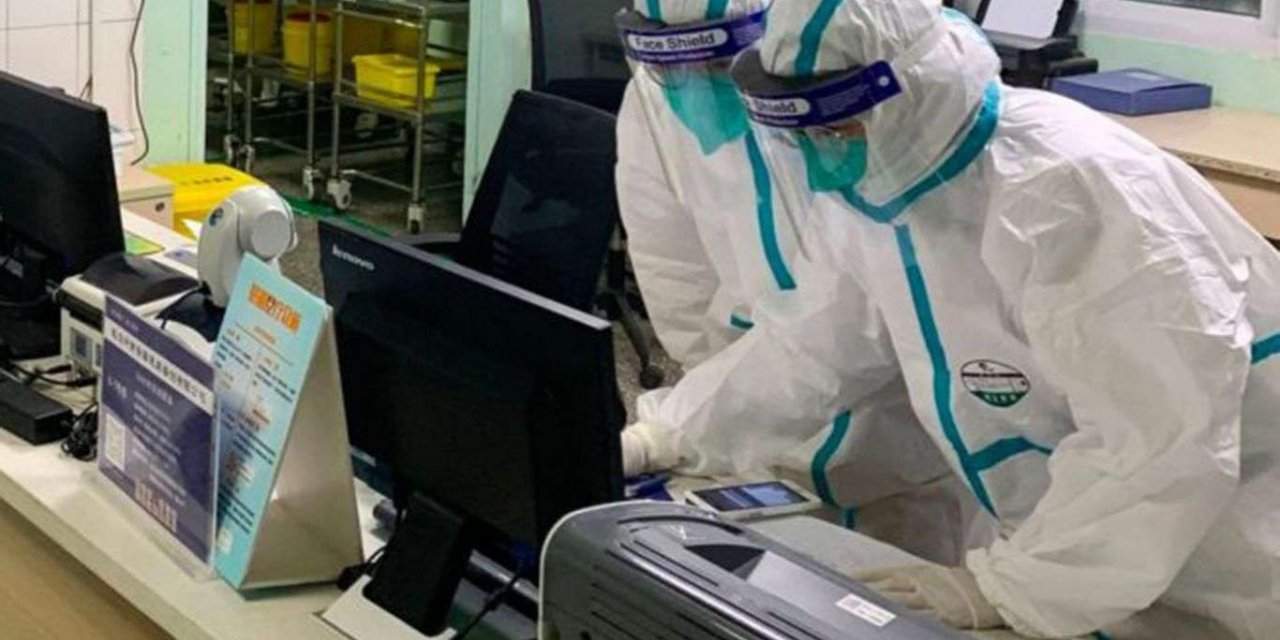

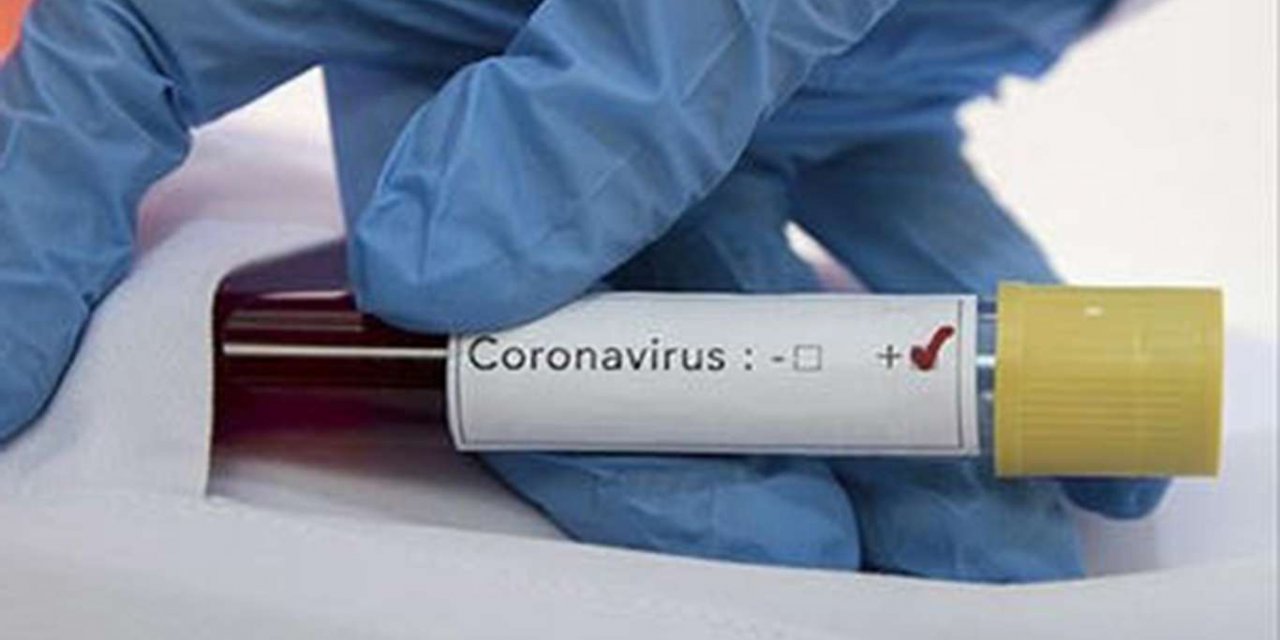
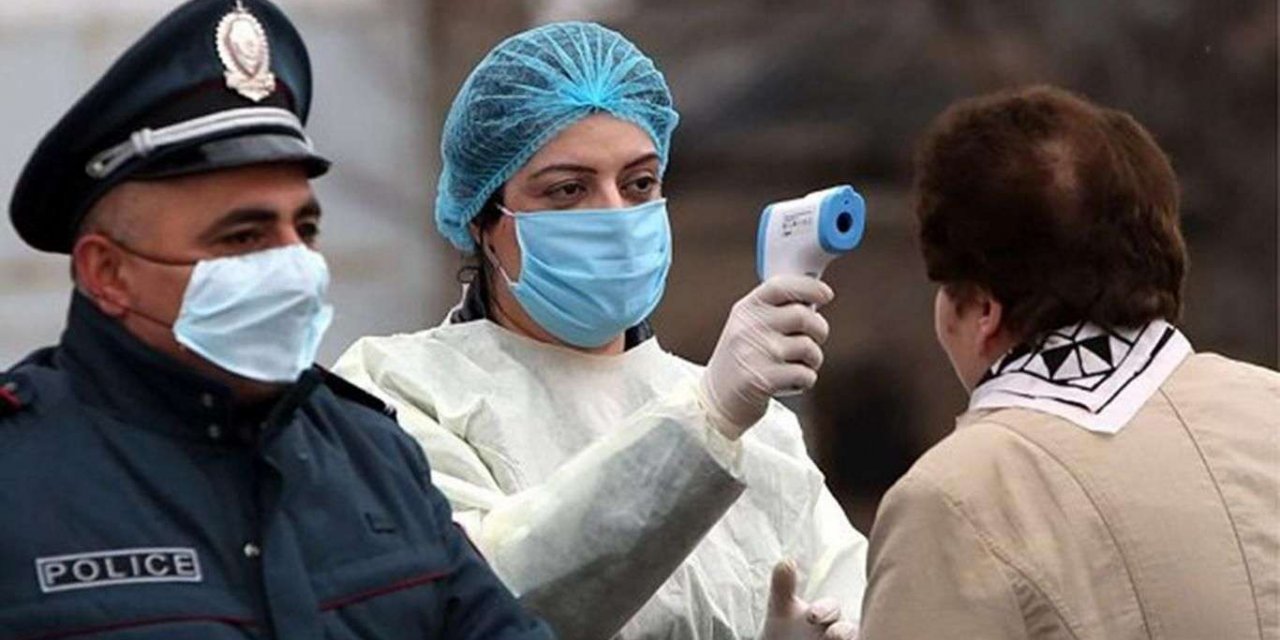
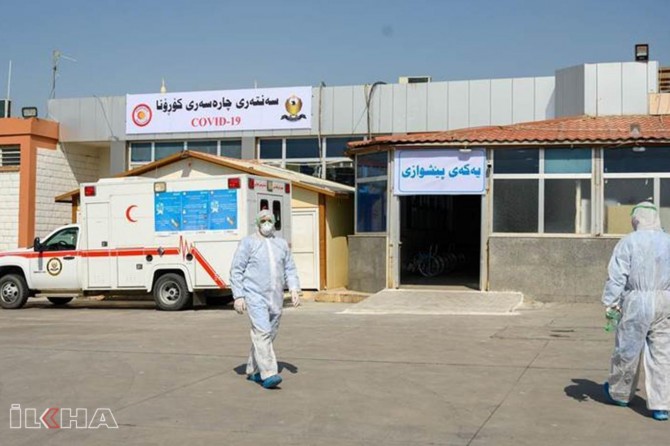
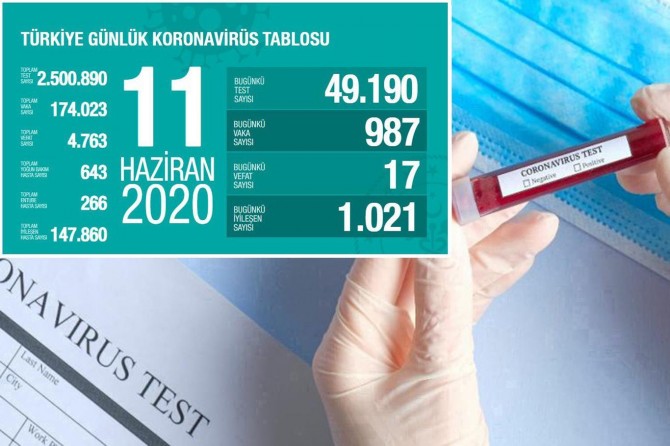


Türkçe karakter kullanılmayan ve büyük harflerle yazılmış yorumlar onaylanmamaktadır.